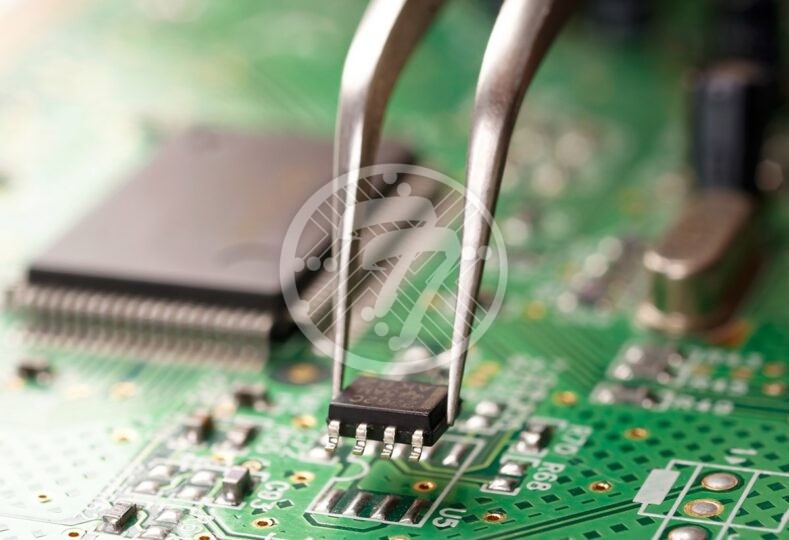The Most Common Types of Finite Element Analysis for PCB Manufacturing!

Improvements in the electronics industry are being increasingly led by technological advancements in Printed Circuit Boards. Whether it is providing solutions that are transforming our homes and workplaces or providing miniaturized products that add to the ease of use, the impact is far-reaching.
While the macro trends in the electronics industry have been led by developments such as Internet of Things, small home technology and more, there are a whole lot of other design aspects that electronics engineers also need to focus on. These include areas such as lowering power consumption or dealing with thermal issues, particularly under harsh environmental conditions. With teams working on challenging PCB projects, especially in mission critical areas such as defense, mining and more, delivering a successful product is extremely important. This requires a whole new approach in PCB assembly manufacturing.
When it comes to solving any complex problems, the first thing to do is to break the issue into smaller, addressable parts. This not only takes away the overwhelm that comes with complex issues it also facilitates addressing the smaller issues with measurable metrics. The technique that best defines this approach is Finite Element Analysis, or what is popularly addressed as FEA.
Simply put, Finite Element Analysis involves modeling of systems in a virtual environment so that you can solve structural and performance issues in the real world. What FEA does, therefore, is to allow for separation of the process into smaller subsystems that allow its close evaluation. A practical application of FEA is the tracking of material changes. FEA also finds extensive application in PCB Manufacturing, especially as it helps in PCB material selection. Some of the benefits of FEA include:
- Improvement of product performance
- Evaluation of different designs
- Optimization of designs and reduction in material usage
PCB Manufacturing FEA Analysis
There are a host of ways in which FEA Analysis can add value to PCB Manufacturing; be it the selection of components or performance of circuits. The use of PCB FEA Analysis, therefore, adds value at various stages of the process of building boards. Below is a detailed analysis of the various types of FEA analysis that come in handy, during the design stage:
Signal and Power Integrity Analysis
It is imperative for the PCBA to function seamlessly as per set benchmarks, to ensure reliability of the product. It is largely the Signal and Power Integrity of the board that determines this. This in turn involves ensuring of aspects such as:
- Maximizing SNR
- Components should have ample power
- Noise reduction on power traces
Electromagnetic Compatibility and Integrity
EMI or noise can often be a concern with boards, especially if they have RF devices. While try and as you may, complete elimination of noise isn’t a possibility. What is possible, however, is that you achieve the best EM balance for the environment. In systems where there are multiple PCBA, achieving electromagnetic compatibility is also an important design aspect.
Thermal Analysis
Thermal analysis is a Finite Element analysis that finds wide application in PCB. Essentially, it involves evaluation of the response of the board to different thermal conditions. Whether it is heat distribution on account of the power components or environmental changes, it helps determine the use of thermal pads, vias or the overall design of a thermal management system.
Other than the above, FEA Analysis also comes in handy by component manufacturers as also by testing organizations. Some of the tools required for the same include:
PSpice
This is a preferred industry tool when it comes to evaluate signal responses. With the help of this tool, you can model a wide variety of:
- Electronic components
- Circuits
- Boards and more
3D Solver Clarity
This comes in handy to offer a 3D perspective and analyze the EM parameters
Celsius Thermal Solver
It provides results that ensure there isn’t excess heat that can not only damage components but also threaten user safety.
Armed with these tools you can rest assured that the integrity of the PCB has been checked and reliability of the product is assured. The partitioning approach of Finite Element Analysis ensures that precise evaluation of the different aspects is done and standards adhered to.
Technotronix Electronics Manufacturing Service combines state-of-the-art technology with our advanced engineering to deliver unparalleled quality and service. Our defense, industrial, and medical customers gain a competitive edge with fast prototyping, domestic and off-shore manufacturing and the consistent delivery of high-quality, on-time, price-competitive products for more information, please Explore our PCB Manufacturing Service!






